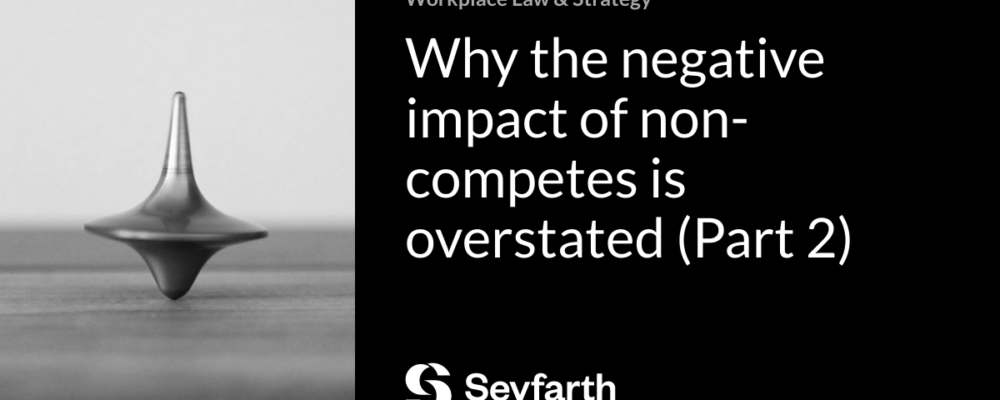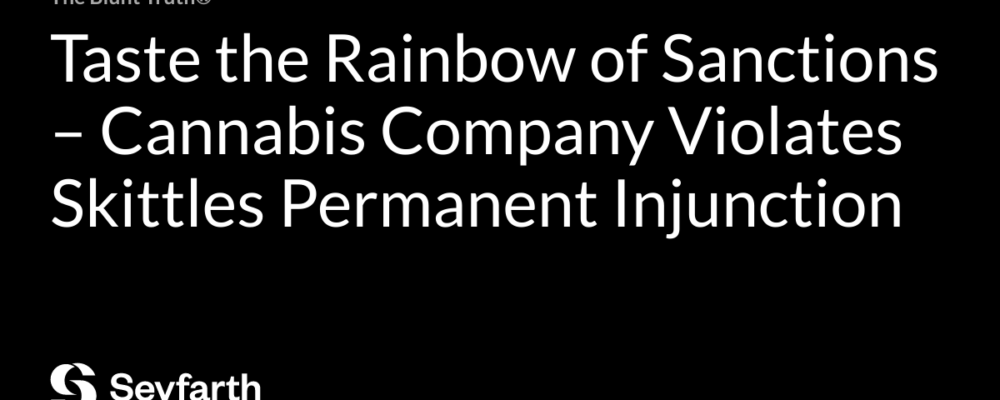A recent Washington State Supreme Court decision addressed a simmering conflict between the statutory right of employees earning less than double minimum wage to work a second job, on the one hand, and employees’ duty of loyalty owed to its employer, on the other. In David v. Freedom Vans LLC, the Court held employees in Washington state earning less than double the minimum wage can work directly for competitors without violating the duty of loyalty owed to their employer and that noncompete agreements that bar these employees from working for competitors are enforceable only if the restriction is narrowly tailored.
The dispute centered on the application of RCW 49.62.070. That statute states that “an employer may not restrict, restrain, or prohibit an employee earning less than twice the applicable state minimum hourly wage from having an additional job, supplementing their income by working for another employer, working as an independent contractor, or being self-employed.” The statute also provides, however, that the second job requirement “does not alter” the employee’s duty of loyalty owed to an employer. The tension between those provisions left unclear the extent to which an employer could restrict an employee earning less than double minimum wage from working a second job for a competitor.
In David v. Freedom Vans, two employees who worked for Freedom Vans, LLC had signed noncompete agreements that broadly prohibited them from directly or indirectly engaging in any business that competed with their employer. Both employees earned less than double minimum wage and were therefore entitled under the statute to work a second job. The employees sued Freedom Vans seeking to invalidate the noncompete agreements.
Both the trial court and court of appeals found that Freedom Vans’ noncompete agreements were enforceable, and that it could prohibit its employees from working for a competitor because of the employees owed a duty of loyalty to Freedom Vans.
The Supreme Court reversed and held that noncompete agreements prohibiting employees who earn less than double minimum wage from working for a competitor in any way are unenforceable, notwithstanding the employees’ duty of loyalty owed to the employer.
The Court reasoned that while employers have the right to demand employee loyalty and avoid conflicts of interest during employment, noncompete restrictions must be reasonable and narrowly tailored. Further, the reasonableness of noncompete agreements must be determined case-by-case.
This ruling could impact a significant number of workers in Washington state. The state’s minimum wage is $16.66 per hour. The statute applies to workers earning less than $33.32 per hour. For an employee working 40 hours a week, this would equate to $69,305.60 annually. Employers are advised to review their employment agreements and employee handbooks in light of this decision to determine whether noncompete provisions that block employees from working second jobs are reasonable and necessary.
“With approximately 900 lawyers across 17 offices, Seyfarth Shaw LLP provides advisory, litigation, and transactional legal services to clients worldwide.”
Please visit the firm link to site






